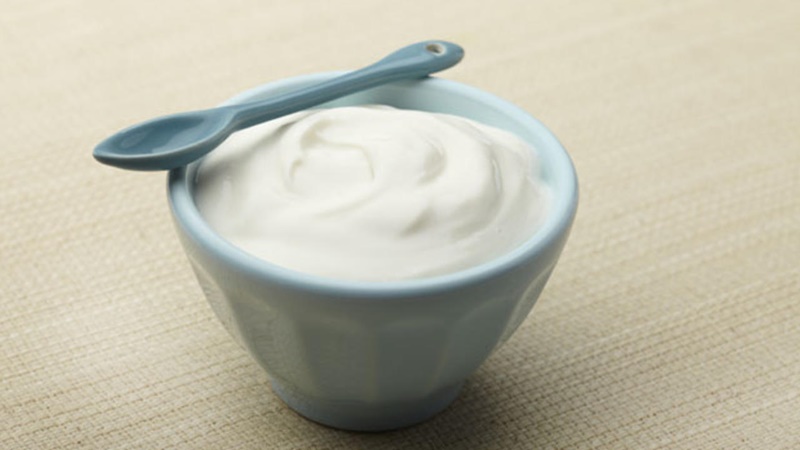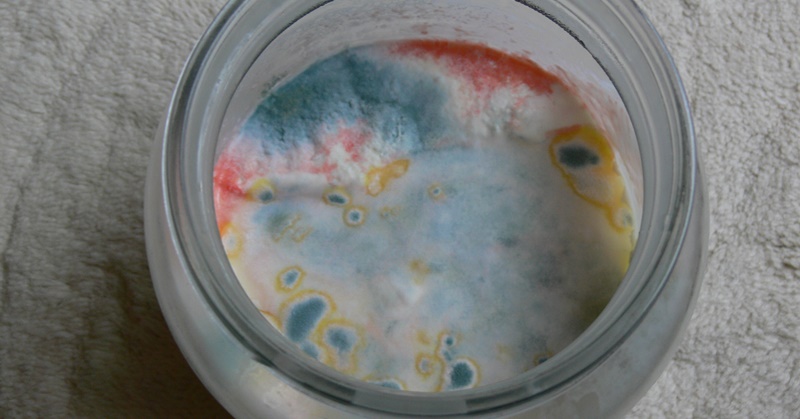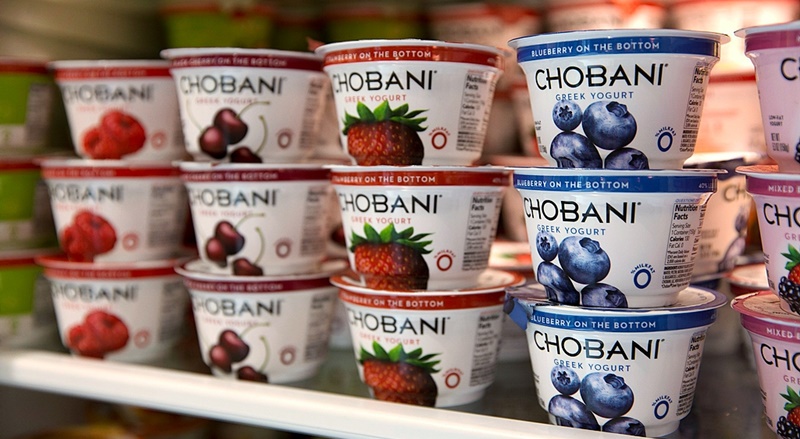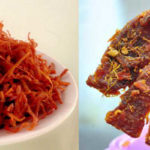When does yogurt expire?
It can be challenging to determine the exact shelf life of yogurt. The expiration date of each type depends on factors such as the type of bacteria, flavor, fat content, and the formula used by the manufacturer.

However, the first factor to consider when determining if yogurt has expired or not is the production date and expiration date recommended by the manufacturer. It is recommended to use yogurt within its expiration date to ensure the best flavor and quality.
Note that if yogurt is not expired and shows no signs of damage, it can still be consumed. However, the flavor and quality may not be as good as yogurt within the expiration date.
Unopened yogurt should be used within 1-2 weeks from the production date.
If opened yogurt is not sterilized and left at room temperature, it will spoil quickly within 1-2 days. Therefore, it is best to consume it all before it spoils.
Signs of expired yogurt

Yogurt is considered expired if it changes color or develops mold.
Another sign of spoiled yogurt is a bad smell, sourness, or a strange odor that is different from the characteristic smell of yogurt.
If yogurt separates into two layers and does not have a consistent texture, or tastes sour when stirred, it is spoiled.
Before consuming yogurt, always check the expiration date and look for signs of spoilage. If there are any signs, it is recommended to discard it to avoid any potential health risks.
How to store yogurt without spoiling it

To store yogurt without spoiling, it is best to store it in the refrigerator’s cold compartment, just like other dairy products.
If you want to extend the shelf life of yogurt, it is possible to freeze it. However, this method should be limited as freezing yogurt can kill the beneficial bacteria in it.
Remember the information mentioned above to use and store yogurt properly. Share your tips and suggestions for using and storing yogurt in the comments below.
Recognizing Chemically Dyed Dried Beef: A Guide
Consumers should be aware of the potential dangers of consuming certain types of dried beef, such as those dyed with artificial coloring and treated with chemicals, as it has been associated with numerous cases of food poisoning. Knowing how to differentiate between genuine and fake dried beef can help to avoid such risks.


































